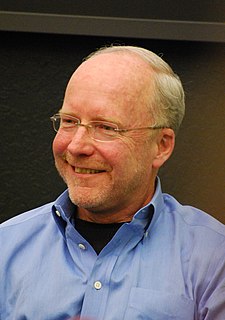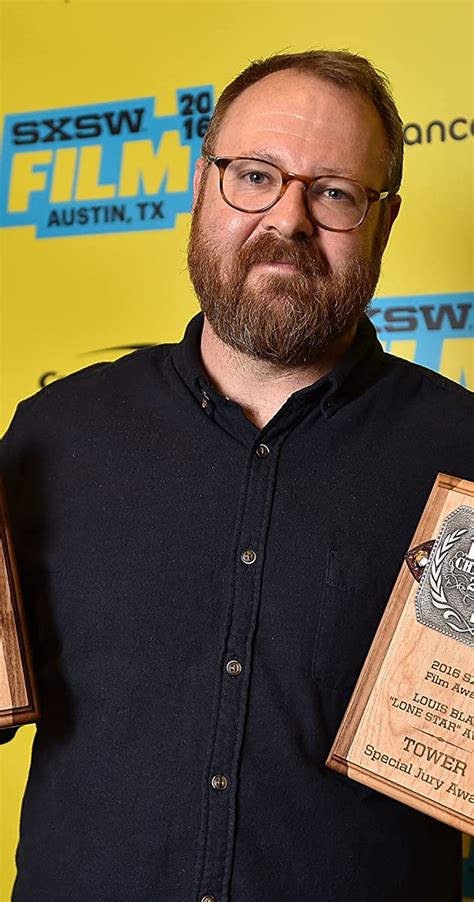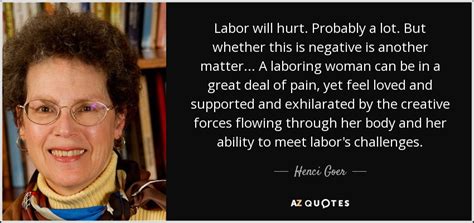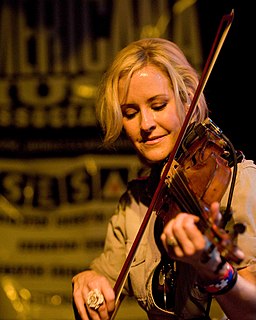A Quote by John Hagel III
At one level, SXSW exemplifies serendipity, because whenever I come, I get these unexpected meetings with people I never knew existed, and you couldn't have planned it. But by making the choice to come to SXSW, I'm increasing the probability of those encounters.
Related Quotes
A study of interactions between women and obstetricians offers an explanation. It described three levels of increasing power imbalance: In the first, you fight and lose; in the second you don't fight because you know you can't win. However, in the highest level of power differential, your preferences are so manipulated that you act against your own interests, but you are content. Elective [meaning requested for no medical reason, not to be confused with needed surgery planned in advance] repeat cesarean exemplifies that highest level.
[In the case of research director, Willis R. Whitney, whose style was to give talented investigators as much freedom as possible, you may define "serendipity" as] the art of profiting from unexpected occurrences. When you do things in that way you get unexpected results. Then you do something else and you get unexpected results in another line, and you do that on a third line and then all of a sudden you see that one of these lines has something to do with the other. Then you make a discovery that you never could have made by going on a direct road.
































